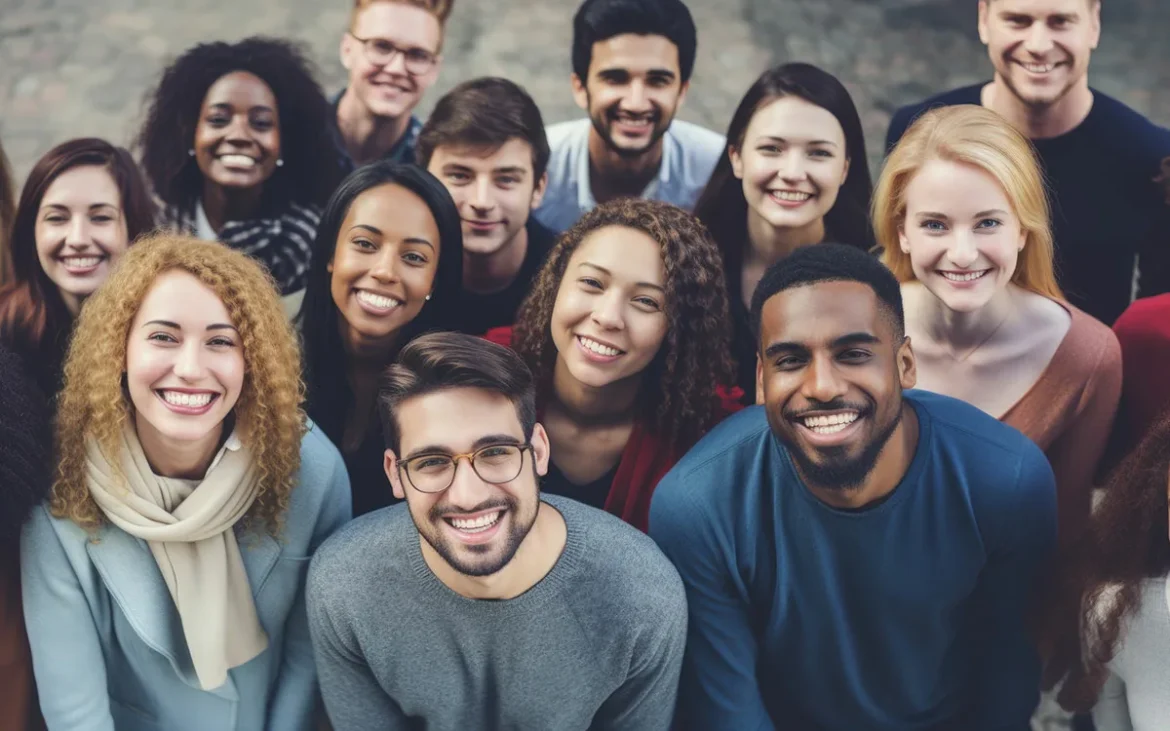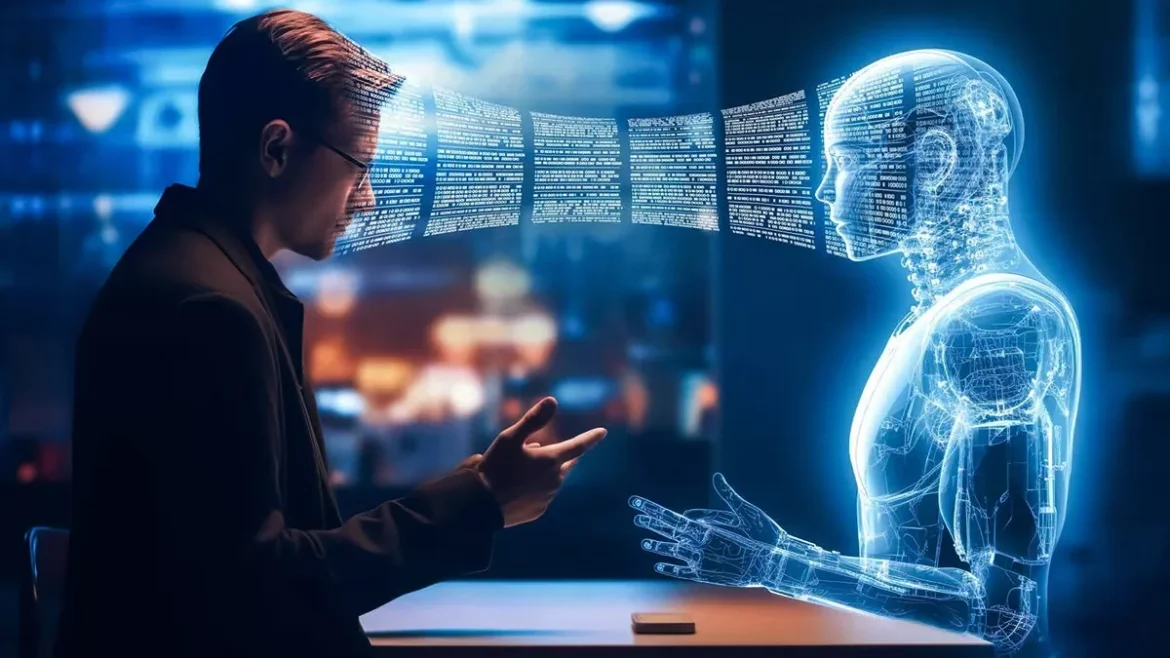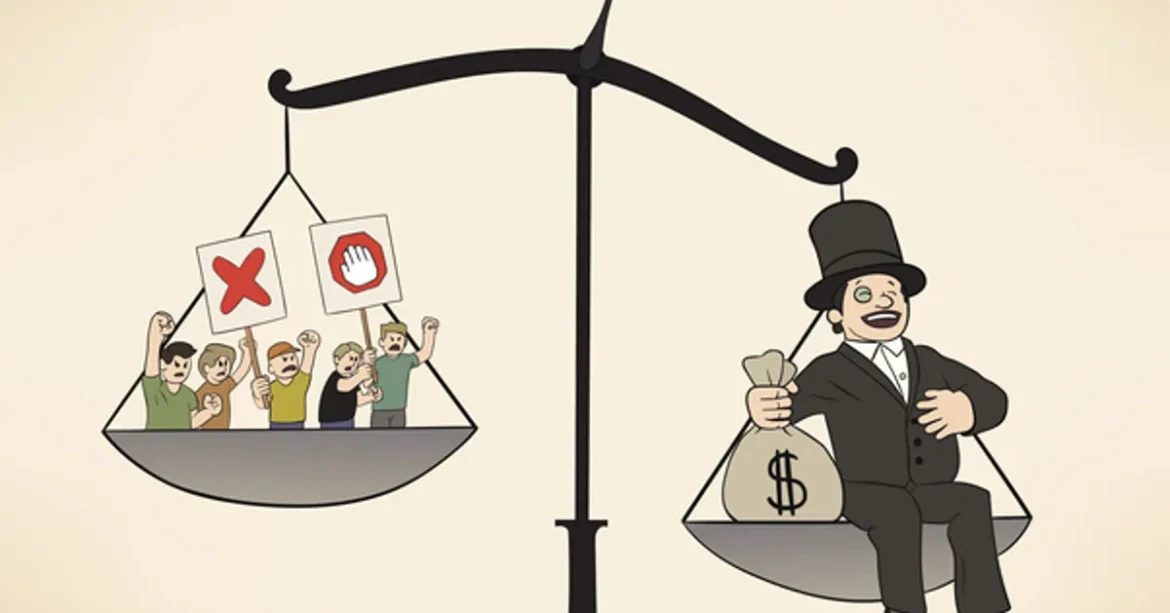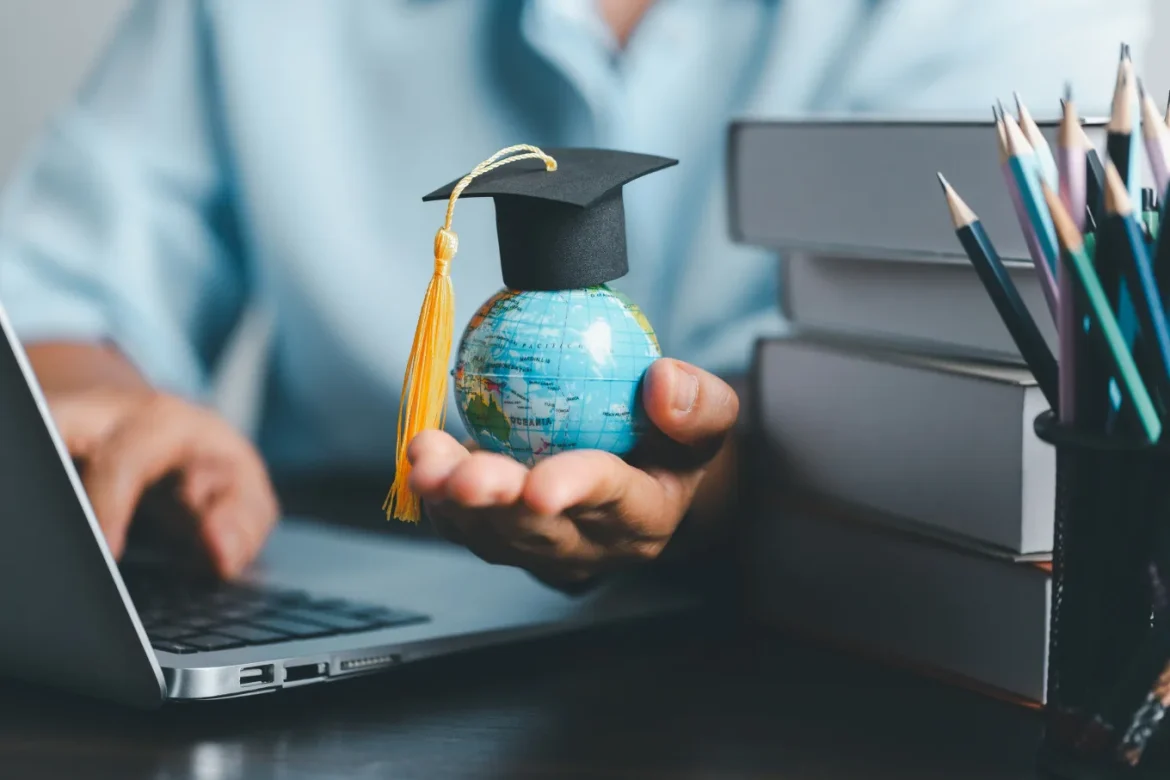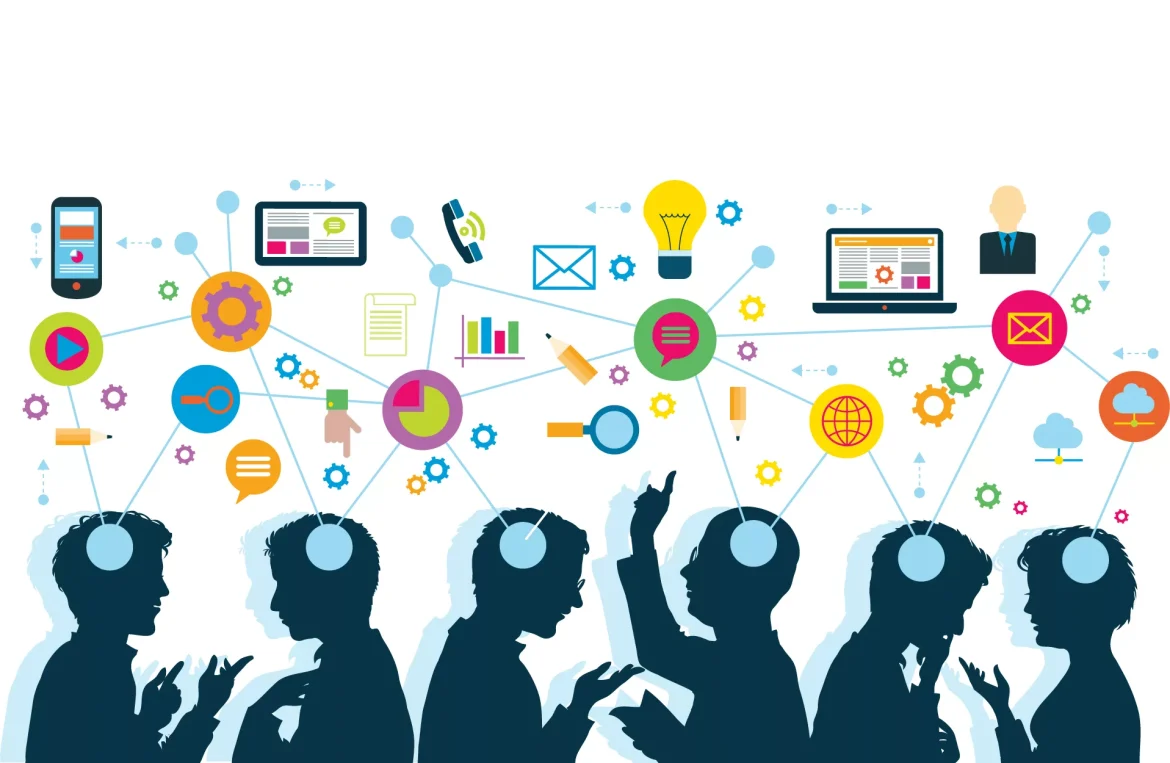Globalization, migration, and technological connectivity have made multiculturalism an increasingly prominent feature of modern societies. Cities around the world are now home to diverse populations, where multiple languages, religions, and traditions coexist. While multiculturalism offers enormous potential for creativity, innovation, and cross-cultural understanding, it also presents challenges related to identity, integration, and social cohesion.
One of the greatest strengths of multicultural societies is the exchange of ideas and perspectives. Diversity fosters innovation, as people with different experiences approach problems in unique ways. Multicultural environments often produce richer art, cuisine, and cultural expression, reflecting the vibrancy of multiple traditions. This cultural dynamism can make societies more adaptable and resilient in the face of global challenges.

